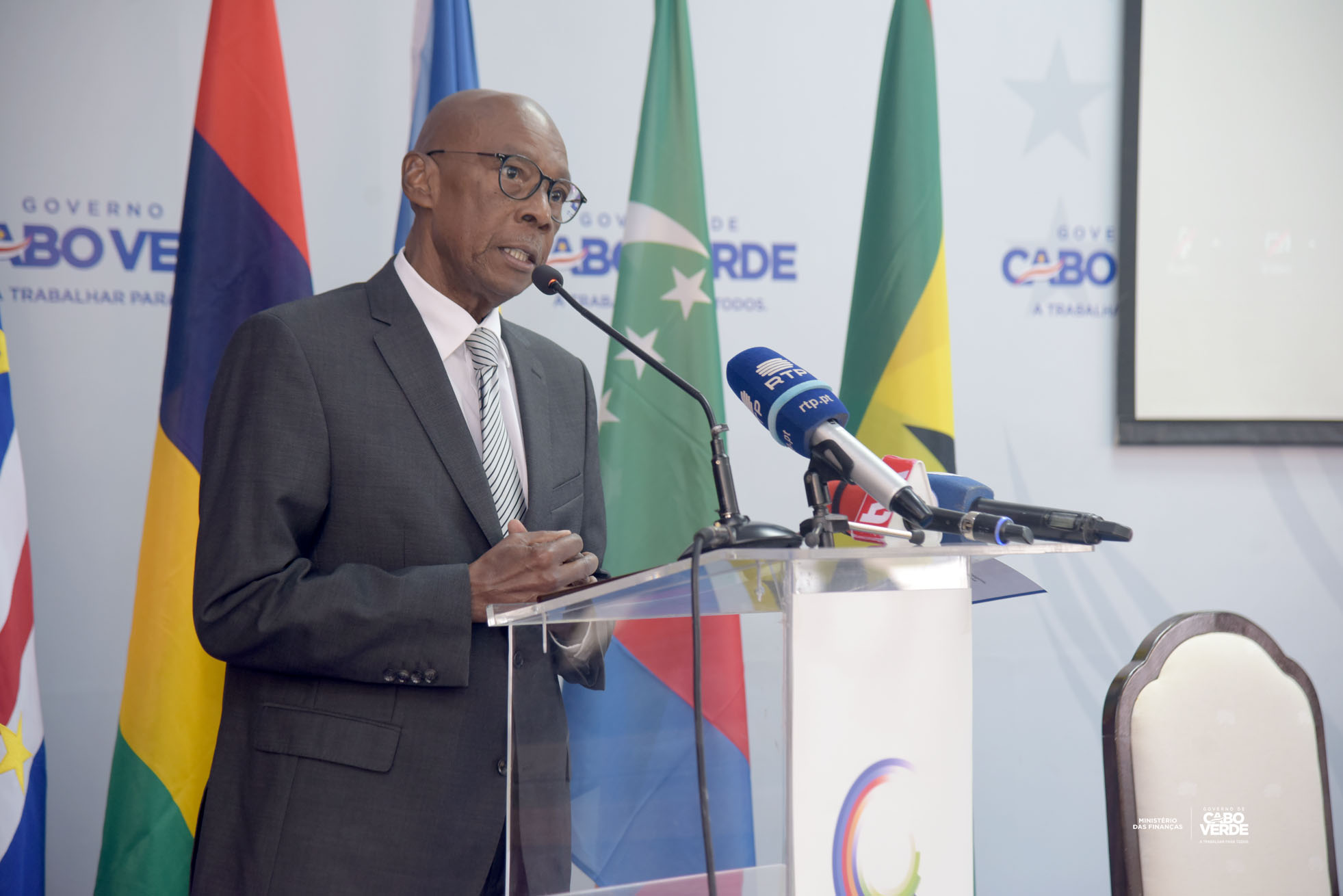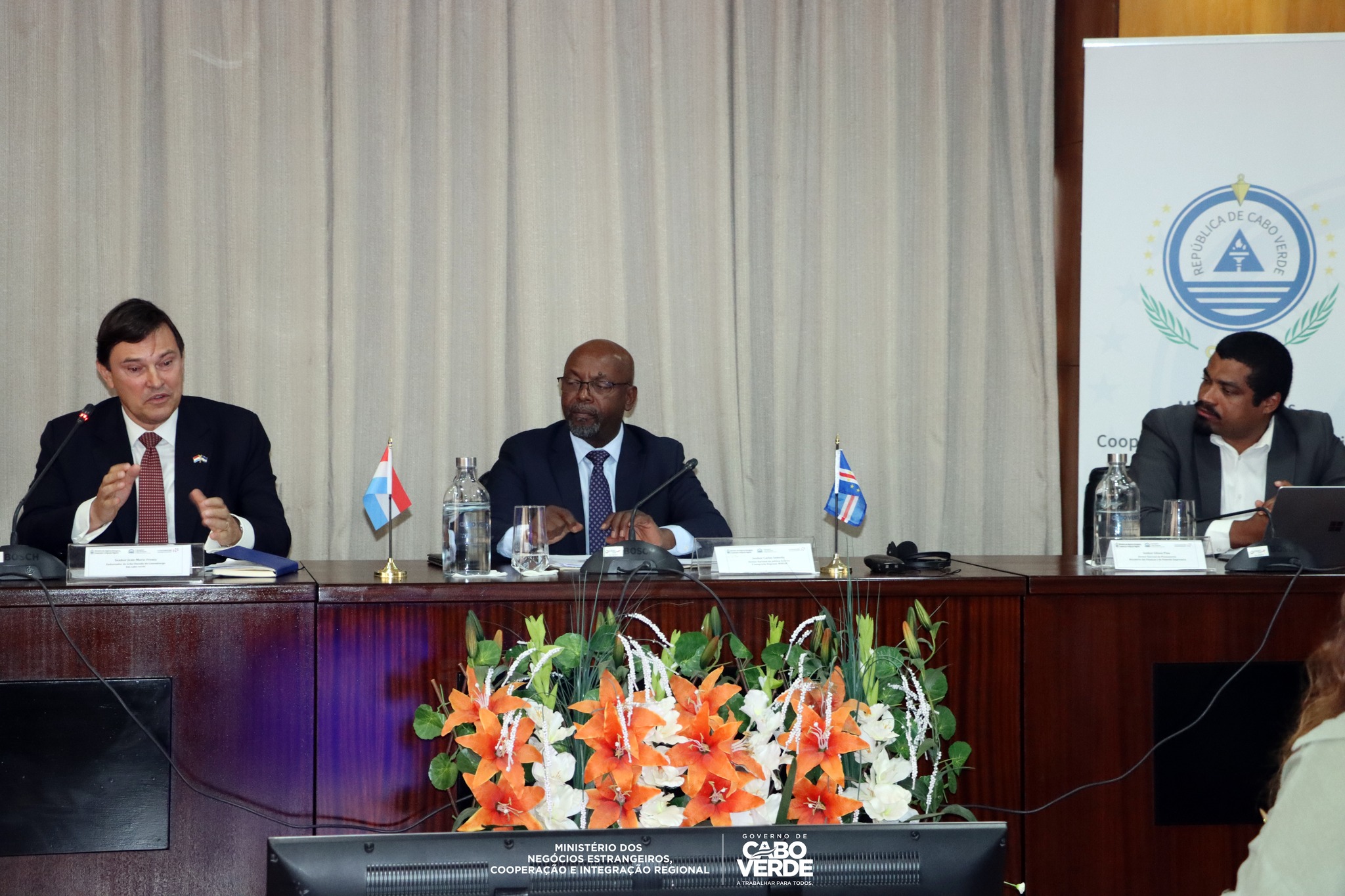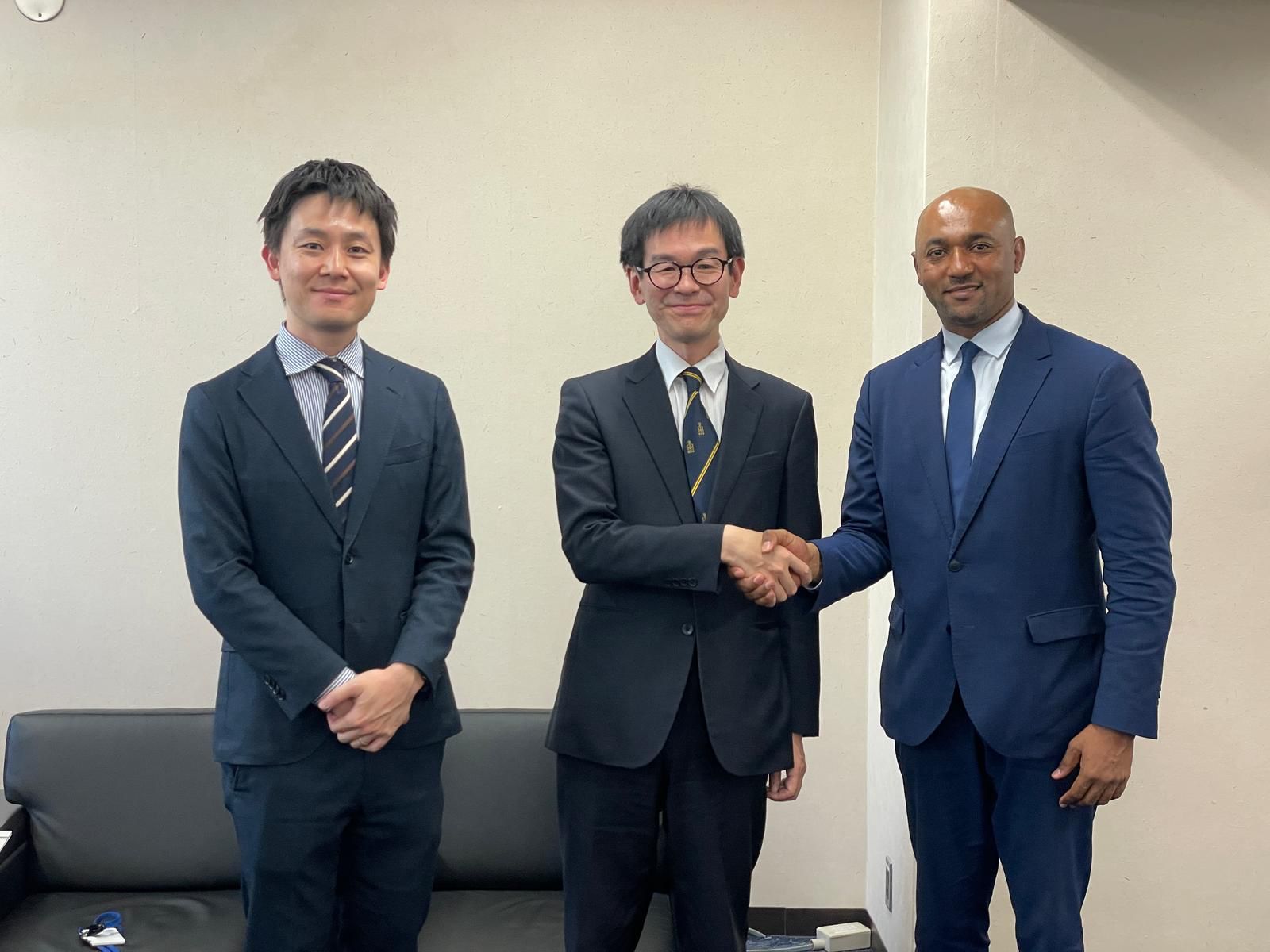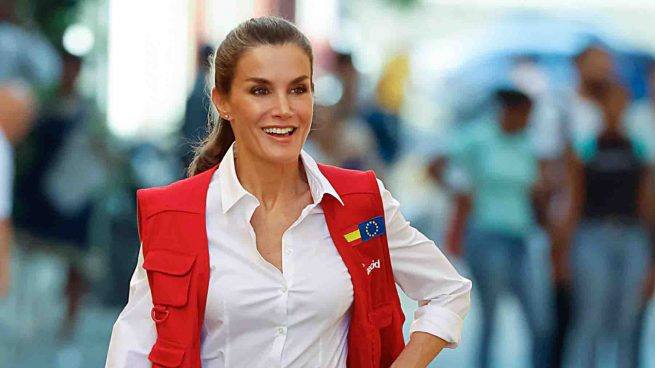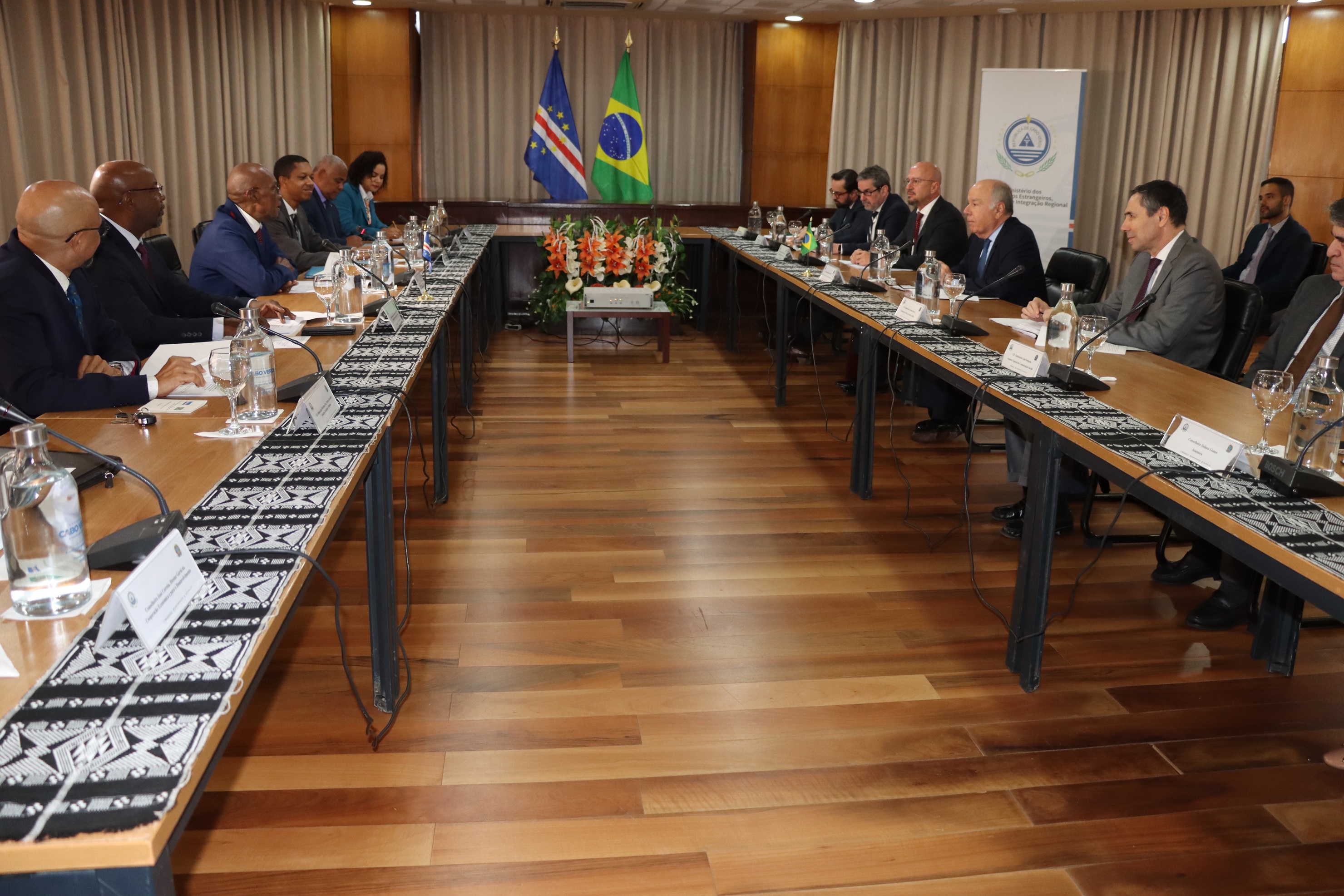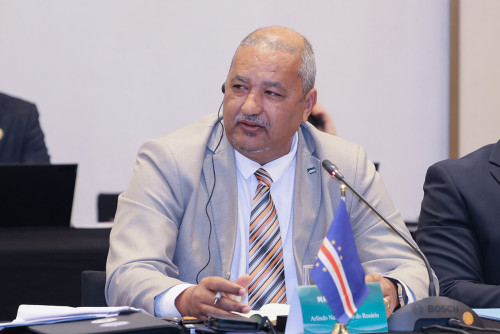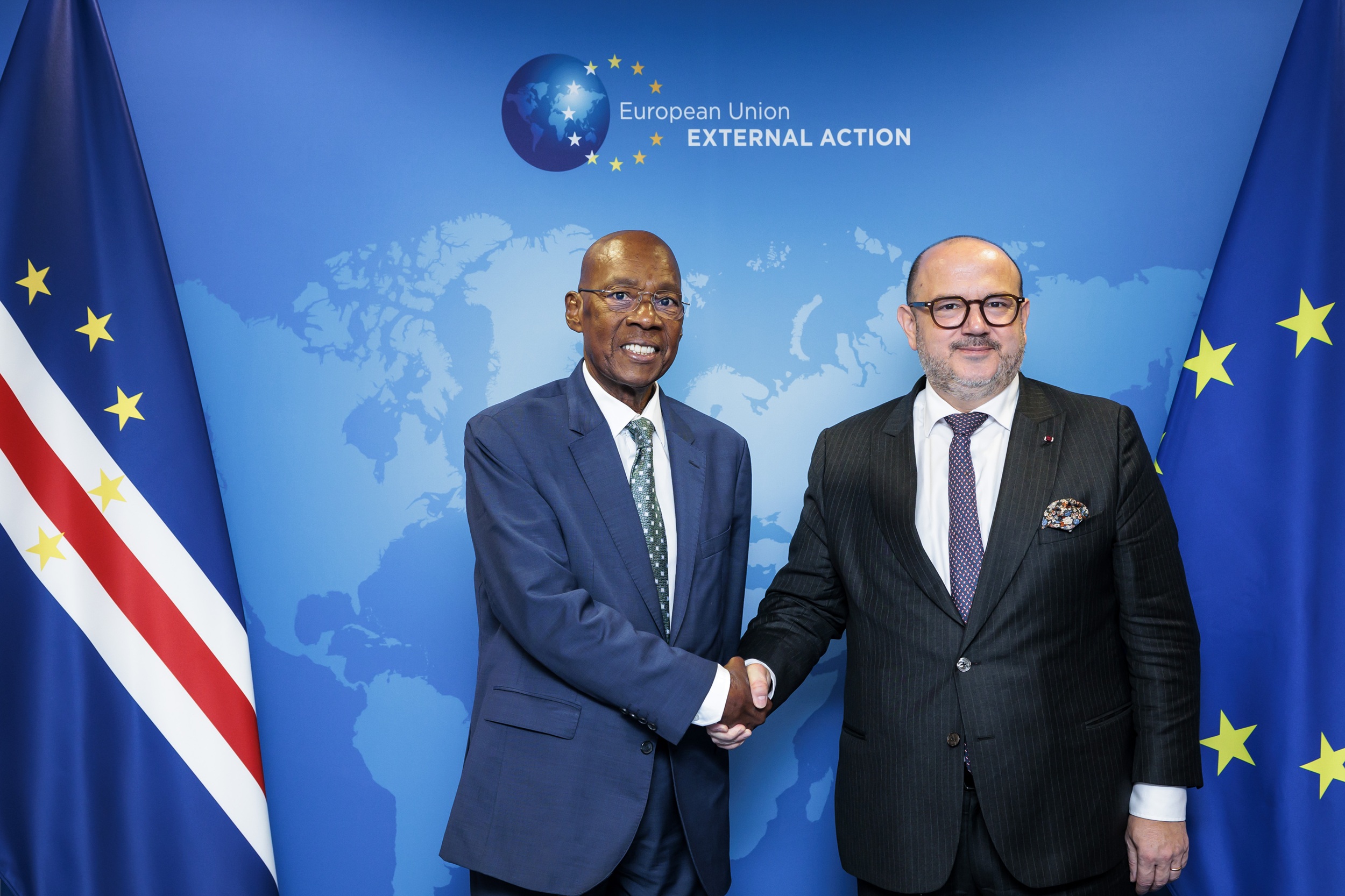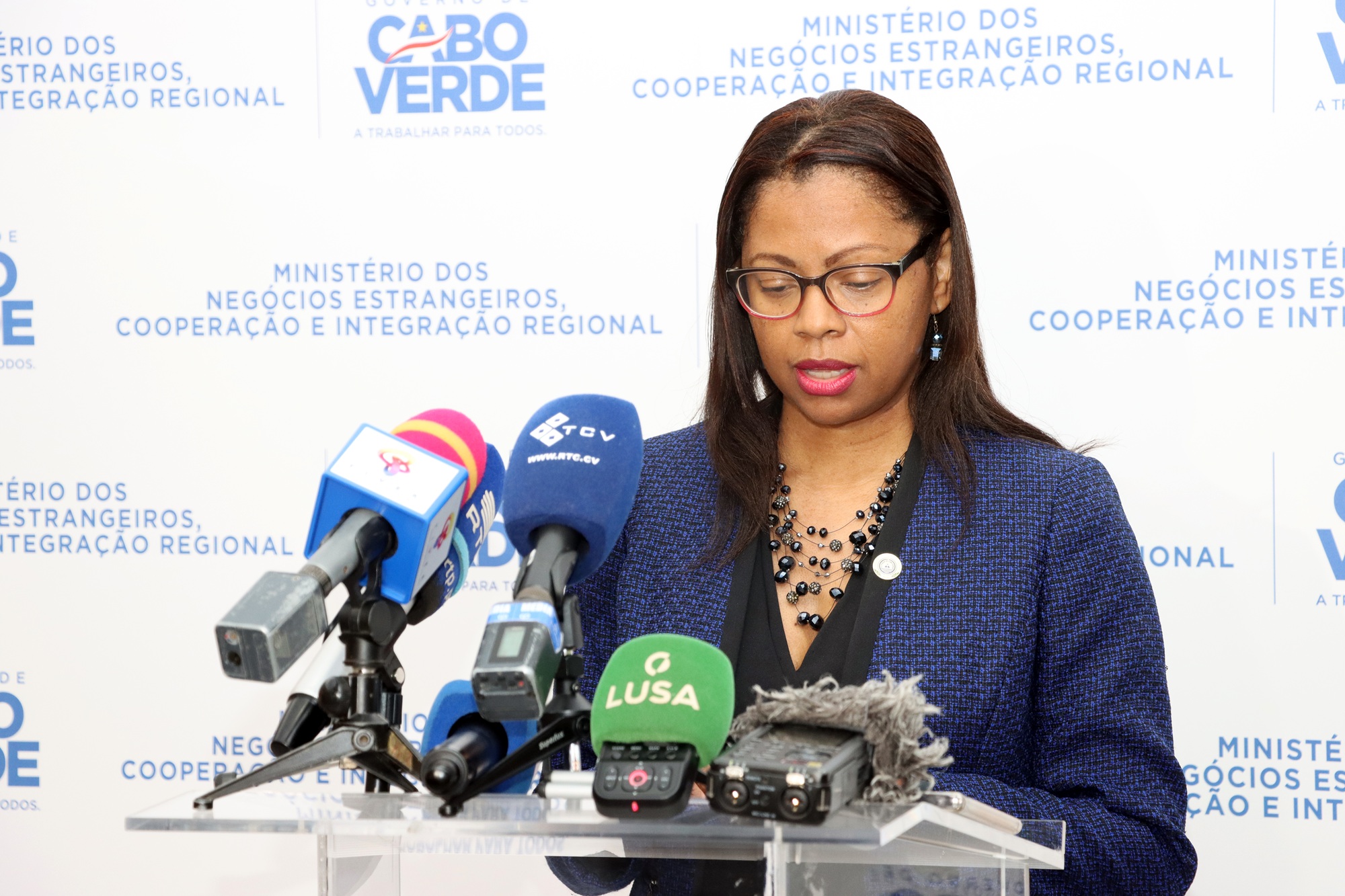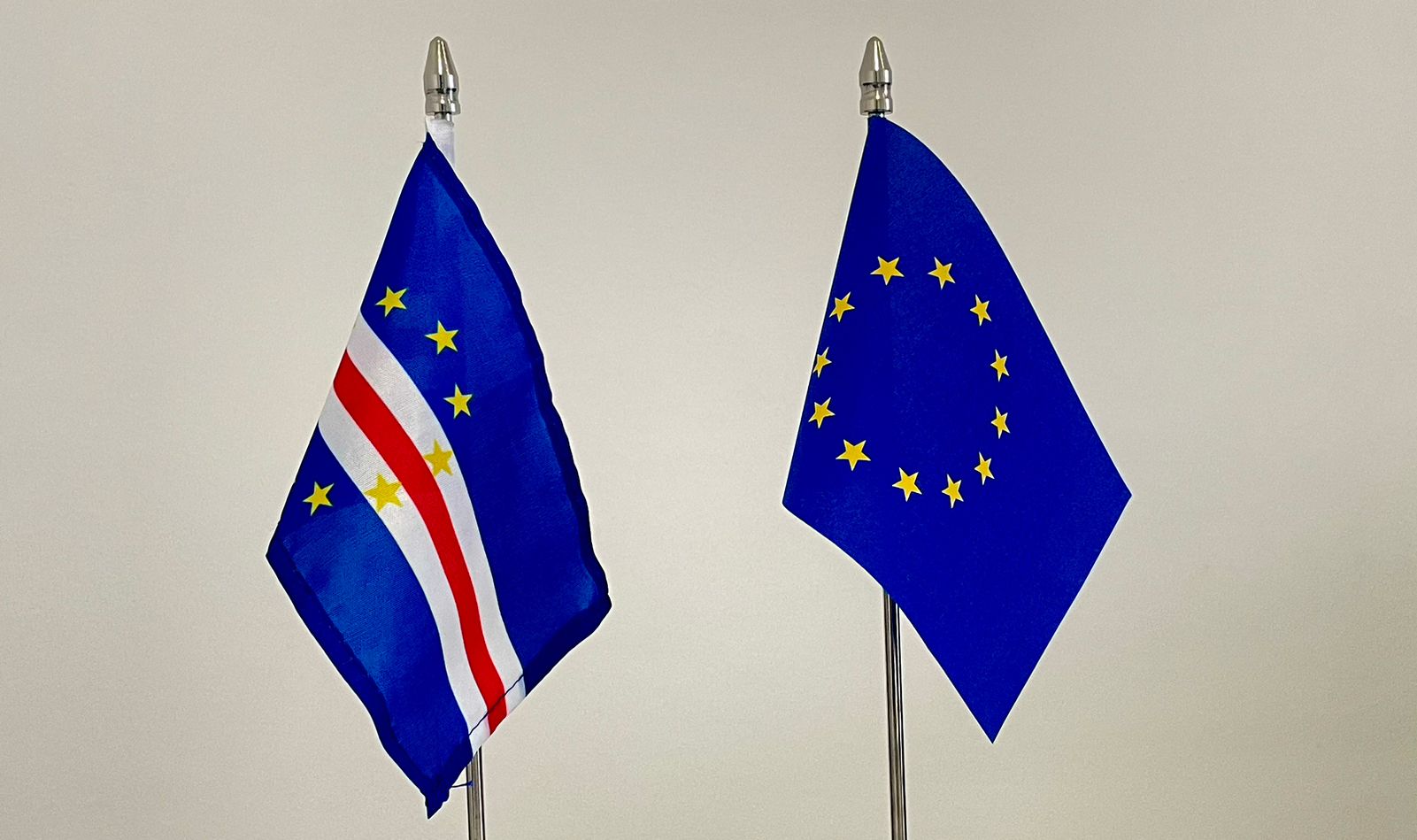The Commissioner for Agriculture and Rural Economy of the African Union Commission, Dr. Josefa Sacko, advocated today, March 20, 2024, at the opening of the 3rd Annual Foreign Policy Conference, on behalf of the African Union, for adequate climate financing for Small Island Developing States (SIDS).
She argued that SIDS contribute the least to the climate crisis but bear the heaviest burden of its effects.
"Climate change affects the entire economy, but its impact on agriculture becomes the main trigger. Available data shows that the effects of climate change on agriculture have significant and negative repercussions in other sectors, from industry to services to mining," she remarked, indicating that over the past fifty years, SIDS have lost about $153 billion due to weather, climate, and water-related risks, but as she further stated, there is still room for improvement.
"These effects can be reversed through increased adaptation investments in agriculture. For example, it is demonstrated that increasing investments in soil and water conservation, to reach 40 to 90% of cultivated land, would help avoid the negative impacts of climate change in these countries," she stated, emphasizing that collaboration and cooperation are crucial if we are to help the 6 small island nations face the impact of climate change.
"Now, more than ever, it is urgent to strengthen international cooperation, including North-South, South-South, and triangular cooperation, to ensure genuine and lasting partnerships, both regionally and internationally. Ultimately, countries like the Republic of Cabo Verde need to leverage partnerships and collaboration to address the impacts of climate change," she concluded, noting that the African Commission acknowledges the climate challenges that SIDS face and encourages these States to align their climate policies, strategies, and action plans with the African Union Strategy and Action Plan for Climate Change and Resilient Development (2022-2032), the African Leaders Declaration on Climate Change and Call to Action (2023), Agenda 2063, and the African Union Green Recovery Action Plan (2021-2027), which emphasize the need to build back better through sustainable green interventions, while simultaneously addressing post-COVID-19 recovery initiatives and the needs of the Post-Malabo Agenda.
Outras Notícias
